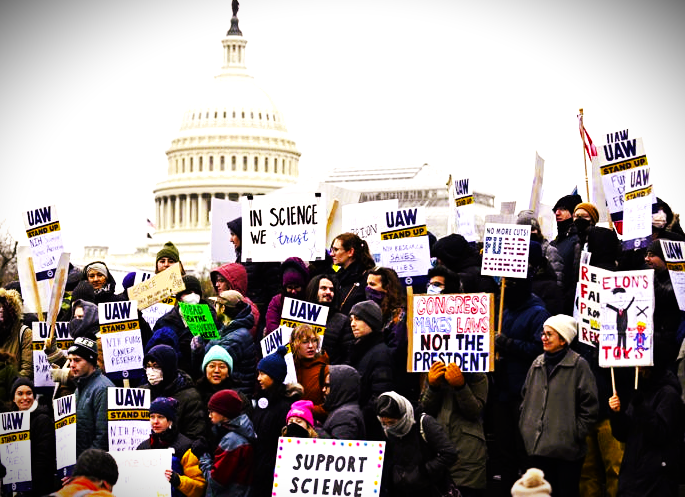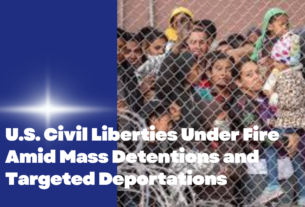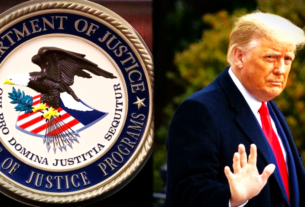When the Trump administration slashed billions from federal science budgets, it didn’t just pause research, it lit a fire under the global scientific community.
Labs went dark. Grants disappeared. And suddenly, thousands of American scientists found themselves cut loose. But while the U.S. scaled back, the rest of the world leaned in.
From Canada’s “Canada Leads” to France’s “Safe Place for Science”, countries are seizing this moment to lure top U.S. talent not just with money, but with something more powerful: freedom to research without political interference.
“Scientists aren’t chasing paychecks,” said Eric Berton of Aix-Marseille University. “They’re chasing the chance to keep asking bold questions.”
Applications from U.S. researchers have surged. Germany’s Max Planck Society tripled its U.S. applicants. France’s top genetics institute saw numbers double. Recruiters say interest from the U.S. is spiking fast.
For researchers like Brandon Coventry, who once never imagined leaving the U.S., the move is becoming real. “This is a serious contender for me,” he says after applying to positions in Canada and France.
Is this a full-blown brain drain? Not yet. But the message is clear: when one scientific superpower steps back, the rest of the world doesn’t just watch it step in.
Science is global. And now, so is the race for its brightest minds.




